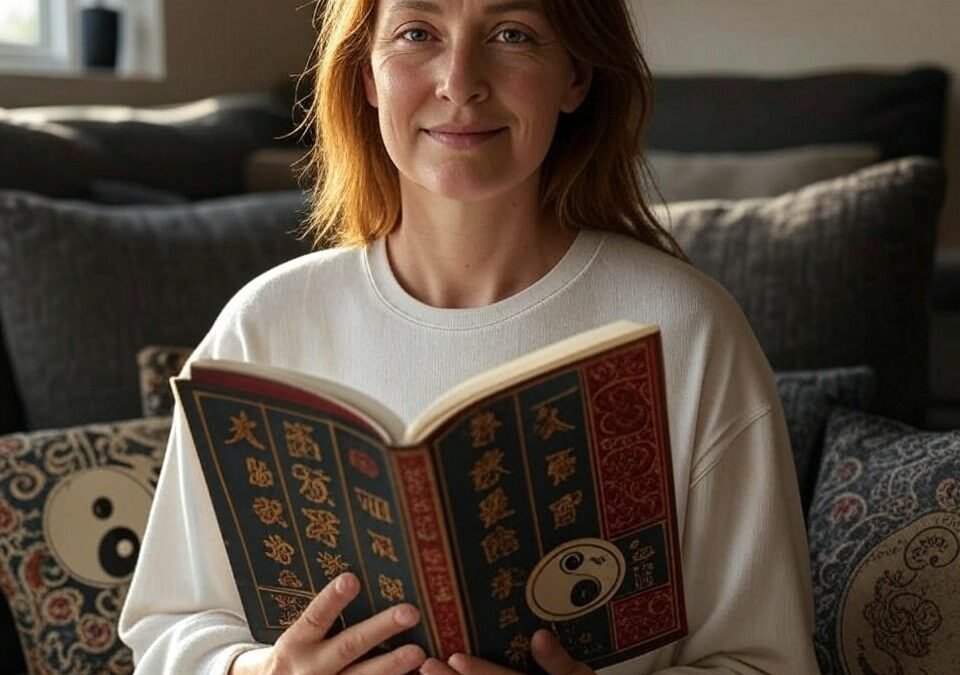We live surrounded by urgency — deadlines, notifications, endless goals. Stress has become a constant presence, almost a lifestyle. But it hasn’t always been this way. Other cultures, in other times, approached life differently.
Two ancient paths — Taoism and Buddhism — offer timeless lessons that feel more relevant today than ever, especially for those seeking calm in a world that rarely stops.
Why does modern stress feel so overwhelming?
Stress itself isn’t new. What’s different now is its intensity, frequency, and continuity. In the past, stress helped us react to immediate threats. Today, we remain in a near-permanent state of alert: worries, social expectations, internal pressure. Our nervous system rarely gets a break.
Modern societies glorify productivity, speed, and achievement. Resting, pausing, or simply “being” is often seen as laziness. That’s why we need to reclaim older ways of relating to life.
Taoism: flowing instead of forcing
Taoism, rooted in ancient China, revolves around the concept of Wu Wei, often translated as “effortless action” or “action in harmony with the natural flow.”
Instead of pushing against life, Taoism invites us to observe, accept, and act with gentleness. Much of modern stress comes from resistance — wanting things to be different than they are. Taoism teaches us to stop pushing and start flowing.
“When I stop resisting, life shows me its rhythm.”
Taoist wisdom for modern times:
- Listen to your energy before acting.
- Not everything needs an immediate solution.
- Sometimes, the wisest move is to wait.
Buddhism: letting go and living the present
Buddhism, born in India over 2,500 years ago, points to another root of suffering: attachment. We cling to what we want and reject what we don’t like. This internal tension creates anxiety and stress.
The Buddhist path invites us to observe without judgment, accept what is, and practice mindfulness. By anchoring in the present moment, the mind can find true rest.
“It’s not the problem that causes suffering, but our reaction to it.”
Buddhist practices that help today:
- Conscious breathing to calm the mind.
- Short daily meditation.
- Compassionate acceptance of your emotions.
Ancient wisdom for a modern world
Though different in origin, Taoism and Buddhism share a core insight: peace begins when we stop fighting reality. When we flow, breathe, and allow ourselves simply to be, stress loosens its grip.
These traditions don’t promise quick fixes — but they do offer deep, lasting perspectives. You don’t have to move to a mountain or change your beliefs. A small opening in your daily routine is enough to let these teachings in.
Where to begin?
If this slower, gentler, deeper way of living speaks to you, start with small steps:
read a passage from the Tao Te Ching, sit quietly each morning, notice your breath before bed.
In a world of noise, returning to the essential is a quiet act of courage.





